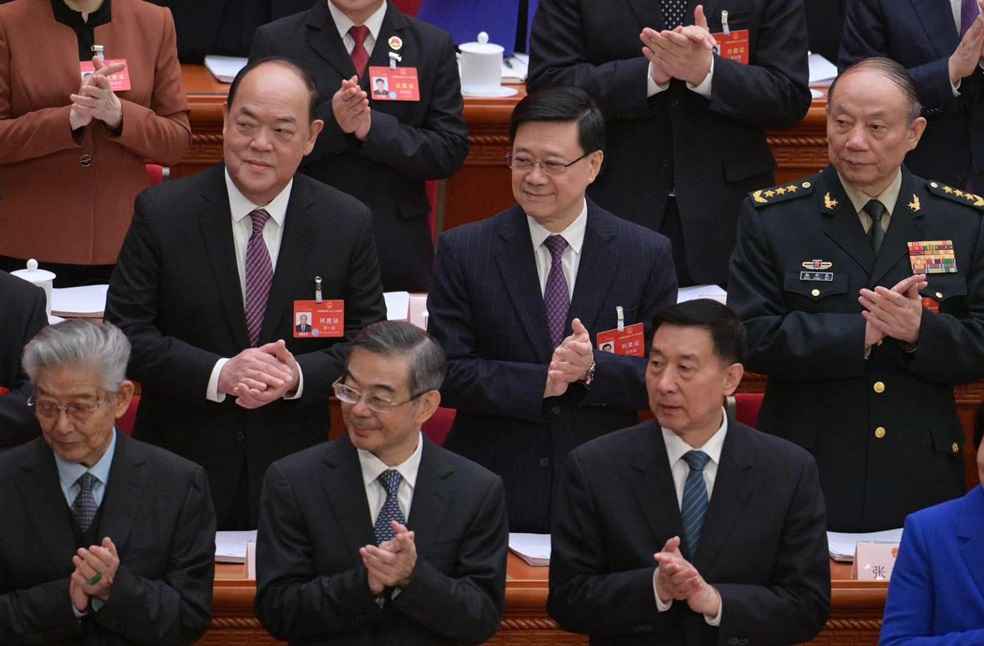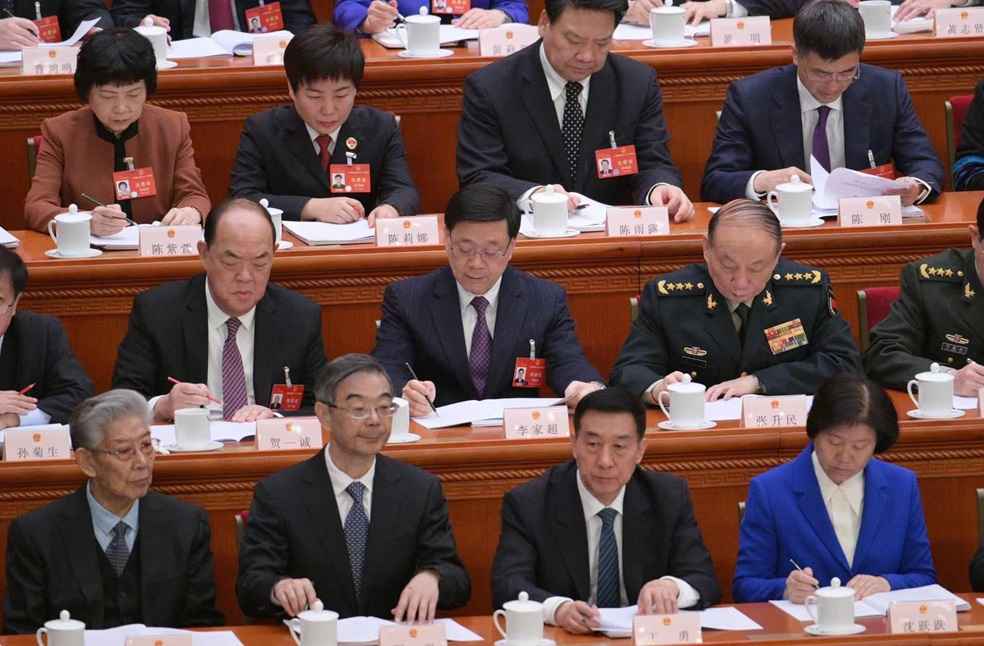Hong Kong: Legislative Council members of Hong Kong have begun debating a draft of a new national security law after Chief Executive John Lee said the legislation should be passed rapidly.
A 212-page (PDF) draft bill, published online just hours before the session, includes new laws on sedition, espionage, foreign interference, state secrets and treason. Treason is punishable by 10 years and 20 years in prison for breaching state secrets and life in prison for espionage, respectively. Collaborating with foreign powers will also result in stiffer penalties, especially if people appear to be cooperating rather than acting independently.
The penalty for treason is currently addressed under colonial-era law, which increased from two to seven and 10 years. Unlike the internationally acknowledged standard for sedition, the provisions of the bill state that people can be charged even without any part of violence.

“Hong Kong has to enact the Basic Law Article 23 legislation as soon as possible – the earlier the better. Completing the legislative work even one day earlier means we can more effectively safeguard national security one day earlier. The Hong Kong SAR [Special Administrative Region] can then focus its efforts on developing the economy, improving people’s livelihoods and maintaining the long-term prosperity and stability of Hong Kong,” Lee said in a statement.
A former Hong Kong-based lawyer, Samuel Bickett, who was jailed and later deported for assaulting a plainclothes police officer in December 2019, said that ‘the law is likely to pass with few major changes.’ Bickett noted on X that, “It represents a clear, unequivocal move by Beijing to ensure the slightest dissent will not go unpunished in Hong Kong.”
Previous administrations backed away from introducing Article 23 in 2003 after 500,000 people took to the city’s streets. The latest draft is under consideration in a largely revised political environment. In June 2020, thousands of people protested in often violent demonstrations demanding more democracy in Hong Kong, leading to the imposition of a draft Chinese national security law in the territory.

A law passed by the Beijing government, bypassing the local legislature, makes secession, subversion, terrorism, and collusion with foreign powers punishable by life imprisonment.
After Beijing regained sovereignty over Hong Kong in 1997, Beijing pledged to respect the territory’s long-held freedoms for at least 50 years. However, critics say that this law has decimated those freedoms. Many pro-democracy politicians and media outlets have closed down and thousands have been arrested.
A monthlong public consultation process on the bill wrapped up just a week ago. According to the government, 13,147 offers were received and 98.6 percent displayed consent to the legislation. About 3,000 people also participated in the discussions.



